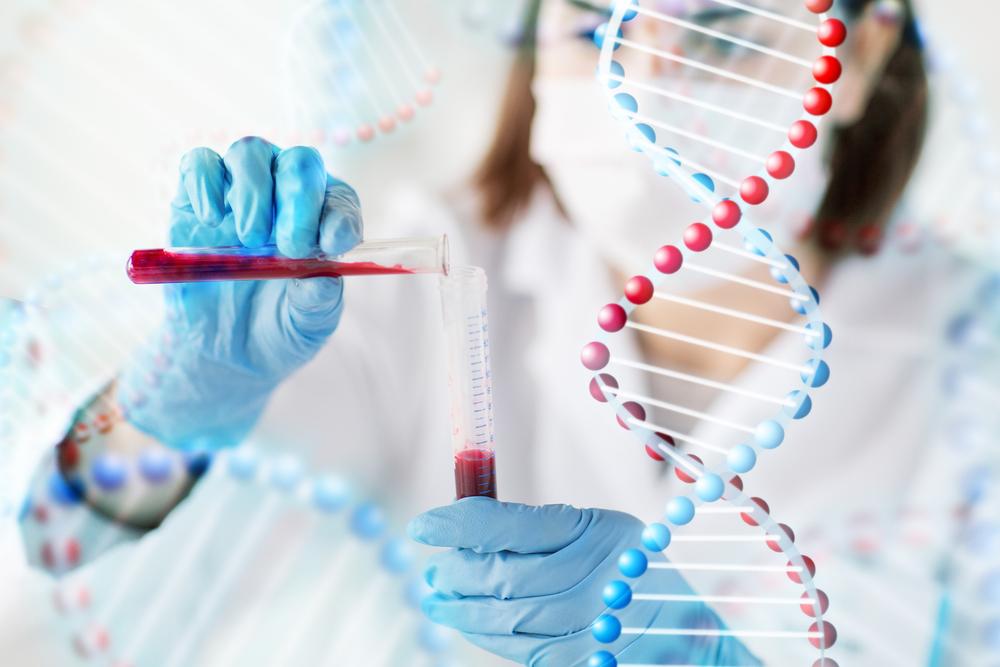
Biosimilar Drugs for Treating Various Health Conditions
Biological medicine, also known as biological drugs, are substances derived from living cells and organisms. Most commonly, biosimilar drugs are created using genetically modified protein cells, which our bodies naturally produce. Biologics are meant to mimic these natural proteins already produced by the human body, in order to slow disease progression and alleviate symptoms of several chronic diseases and health conditions.
Biosimilar medications are quite a new technology, meaning there is still ongoing testing and research being conducted on their effectiveness to treat several diseases—most commonly psoriasis, menopause, certain cancers, rheumatoid arthritis, and diabetes. For instance, because they are made from live cells, there is often irregularities when it comes to their quality and effectiveness. The following biosimilar medicines are given via infusion or injection:
- Biosimilar vaccines: Mainly given to prevent conditions such as influenza and tetanus infections.
- Biological blood products: Used to treat haemophilia.
- Biosimilar hormone therapy: For treating perimenopausal symptoms, growth hormonal disorders, and diabetics with insulin sensitivity.
- Biologic enzymes: Used to treat and remove blood clots.
- Biosimilar immune regulators: To regulate immunity in order to treat multiple sclerosis (MS).
- Biosimilar monoclonal antibodies: Aim to treat autoimmune diseases and slow the progression of certain cancers.
The above mentioned biological and biosimilar drugs may be utilized in the treatment of the following diseases:
1. Psoriasis
Biosimilars are typically prescribed to patients with moderate to severe psoriasis and active psoriatic arthritis, only if the patient’s immune system is not seriously compromised (i.e., active infection), and after being screened to ensure no other infectious disease exists (i.e., tuberculosis or TB).
2. Rheumatoid arthritis
The U.S. Federal Drug Administration (FDA) has currently approved 3 biosimilars for treating symptoms and rate of disease progression for rheumatoid arthritis, as well as psoriatic arthritis, ankylosing spondylitis, and juvenile arthritis.
3. Peri- and post-menopause
In the years prior and following menopause, bioidentical estrogens may be used to treat menopausal symptoms instead of synthetic estrogen hormone treatment. Bioidentical drugs have shown great promise in treating depressive symptoms, in particular, associated with peri and post-menopause.
4. Diabetes
Biosimilar injections for the treatment of diabetes are known to provide similar insulin therapy at a significantly lower cost, making insulin treatment more affordable for patients with diabetes.
5. Inflammatory bowel diseases
Biological therapies are designed as almost identical copies of already approved originator intravenous infusion drugs in the treatment of several inflammatory bowel diseases (IBD) such as Crohn’s disease and ulcerative colitis.
6. Cancer
In cancer treatment, a biosimilar drug similar to trastuzumab in effectiveness and safety for the treatment of some stomach and breast cancers.
7. Kidney disease
Patients with chronic kidney disease (or CKD) are often considered at increased risk of anemia. However, biosimilar erythropoiesis stimulating agents (ESA) are now being used to treat anemia in individuals with chronic kidney disease to slow progression.
8. Multiple sclerosis
The extravagant cost of disease-modifying therapies for MS, have many neurologists prescribing generic and biosimilar drugs to patients for the substantial cost-savings with close monitoring by doctors.


